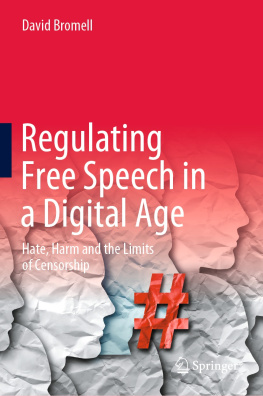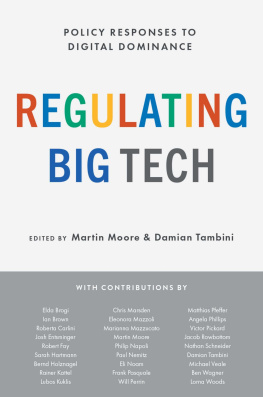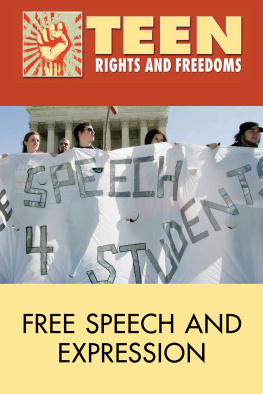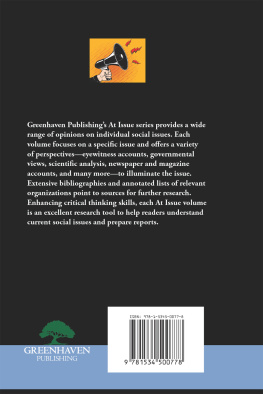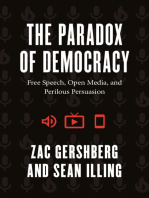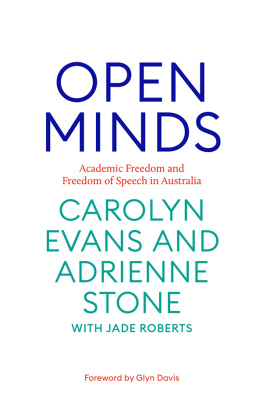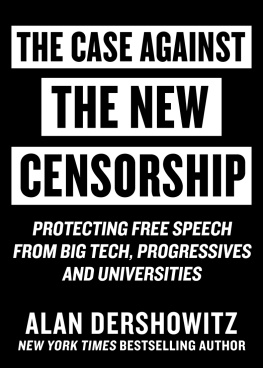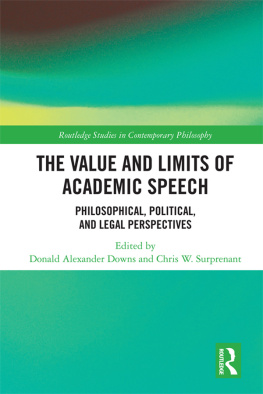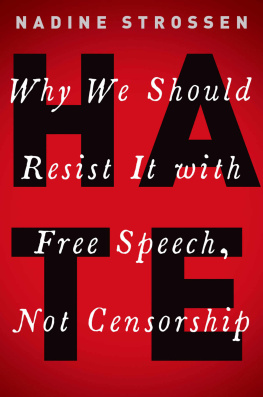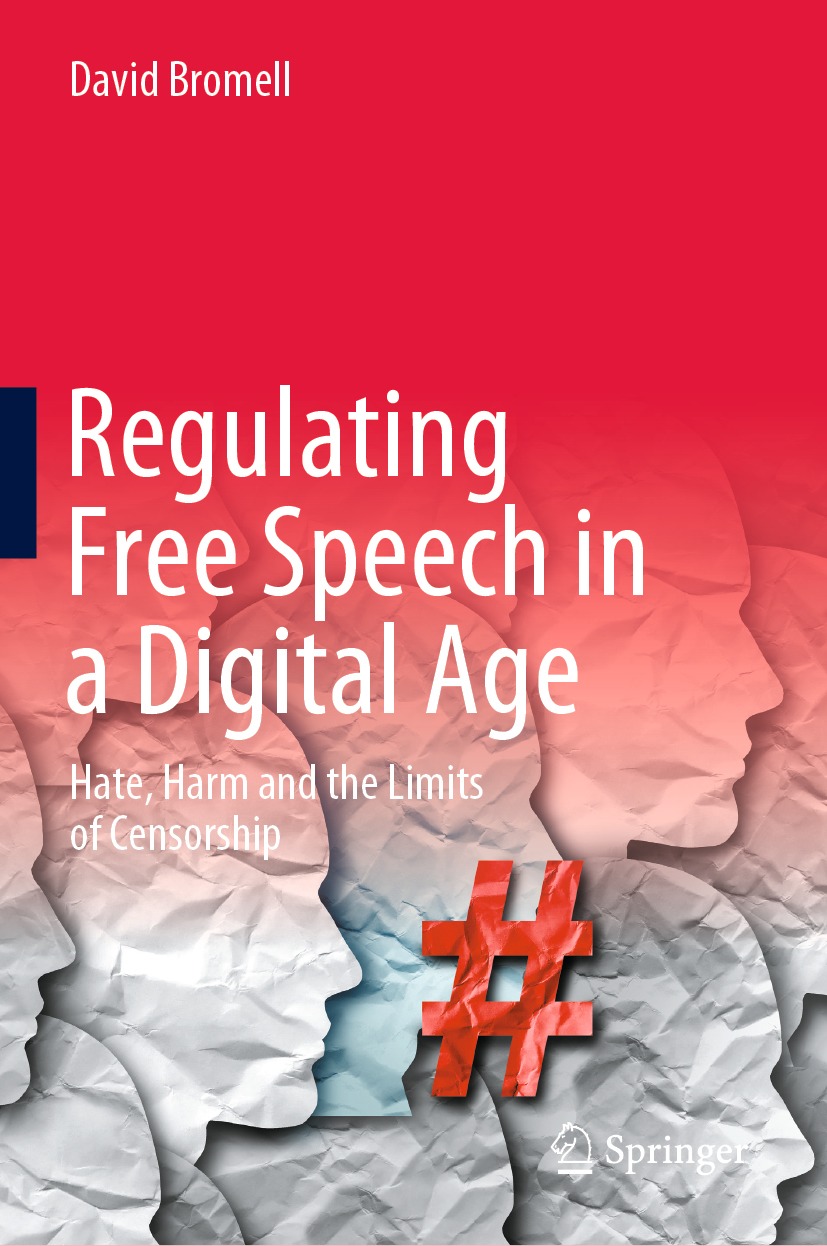David Bromell
Institute for Governance and Policy Studies, Victoria University of Wellington, Wellington, New Zealand
ISBN 978-3-030-95549-6 e-ISBN 978-3-030-95550-2
https://doi.org/10.1007/978-3-030-95550-2
The Editor(s) (if applicable) and The Author(s), under exclusive license to Springer Nature Switzerland AG 2022
This work is subject to copyright. All rights are solely and exclusively licensed by the Publisher, whether the whole or part of the material is concerned, specifically the rights of translation, reprinting, reuse of illustrations, recitation, broadcasting, reproduction on microfilms or in any other physical way, and transmission or information storage and retrieval, electronic adaptation, computer software, or by similar or dissimilar methodology now known or hereafter developed.
The use of general descriptive names, registered names, trademarks, service marks, etc. in this publication does not imply, even in the absence of a specific statement, that such names are exempt from the relevant protective laws and regulations and therefore free for general use.
The publisher, the authors and the editors are safe to assume that the advice and information in this book are believed to be true and accurate at the date of publication. Neither the publisher nor the authors or the editors give a warranty, expressed or implied, with respect to the material contained herein or for any errors or omissions that may have been made. The publisher remains neutral with regard to jurisdictional claims in published maps and institutional affiliations.
This Springer imprint is published by the registered company Springer Nature Switzerland AG
The registered company address is: Gewerbestrasse 11, 6330 Cham, Switzerland
Foreword
David Bromell was a fellow at the Center for Advanced Internet Studies (CAIS) from October 2020 to March 2021. The Center is located in Bochum, formerly an important town of the old German mining industry, which is now striving to create new opportunities for businesses, culture, education and science. CAIS was founded in 2017 and supports projects dealing with social, political, economic and cultural changes through digital transformation. We are delighted that in the course of four years we have welcomed more than 60 fellows, junior and senior researchers, men and women from different disciplines and from various countries around the world. Additionally, we have financed working groups, conferences and other formats of scientific collaboration.
CAIS is to be expanded to a central institute for digitisation research in the next few years, employing seven full-time professors in four research programmes. The institute will not only be a place for innovative interdisciplinary research but hopefully also a source of inspiration for a critical public confronted with the societal opportunities and challenges of the digital age.
David Bromells project dealt with the so-called Christchurch Call that was initiated after the Christchurch massacre by Emmanuel Macron and Jacinda Ardern to eliminate terrorist and violent extremist content online. He visited us at the peak of the Corona pandemic in Germany with the consequence that he was quite often the only resident on the premises at CAIS. However, this strange situation did not daunt his good spirits and certainly not his work ethic. We are happy that he was able to advance his project successfully, and we are even a little proud ourselves that CAIS could support him in completing this impressive book on regulating free speech in a digital age. David became a good friend, and we very much hope that he will visit us again under more relaxed conditions.
David characterises himself as a policy practitioner writing for other practitioners. But he is much more than that. In his writing his arguments are based on a profound knowledge of classical and modern liberal thinking with advocates like Mill, Popper, Rawls, Waldron, Fukuyama or Nussbaum. And he proves convincingly that they are not mere decorum but that their principles and insights are vital in confronting the pressing challenges of the modern digital world.
This is especially true for the issue David is dealing with because it is closely linked to the limits of state action as Wilhelm von Humboldt puts it in his seminal work of classical liberalism. Davids subject is the dissemination of online hate speech and the question whether and in which way the state should intervene to constrain this notorious plague of the digital era. Davids starting point is one of the most appalling atrocities connected with hate speech: the Christchurch massacre, which he was affected by as a New Zealand citizen.
The most natural reaction to this unbelievable crime is a call for forceful state action including against any phenomena that may contribute to the preliminary stages of such a felony. But David has a very strong and clear message here which is, in some respects, also brave. He recommends staying calm and politically prudent, even if this is not always easy when confronted with such shocking events. Before too hastily demanding far-reaching state intervention, he asks us to refer to the insights of classical liberalism and use a strictly interpreted harm principle as a fundamental guideline to justifying the extent and boundaries of state action. Against this background, David emphatically insists on the difference between words that purposefully invoke harmful deeds, and words that are used to express personal emotions: Yes, words can hurt, but they do not hurt in the same way or to the same extent as sticks and stones, knives and guns. Words are not triggers; arguments are not weapons. They are what we use instead of weapons. He quotes Sigmund Freud: The first human being who hurled an insult instead of a stone was the founder of civilization.
Based on this fundamental differentiation David conveys a message with three parts:
If hate speech is confined to an expression of subjective emotions of hatred, it should not be an object of state legislation. A democratic government should not prescribe what its citizens should feel and how they should voice their feelings. To express even strong animosity towards an individual or social group should not be judged as a crime if there is no call to violent action incorporated.
Because words can be hurtful and violate values of tolerance, civility and respect, we have a duty to condemn and actively fight hate speech. However, government regulation is not the only tool to constrain insulting communication effectively. Social counter-speech is an alternative to criminalisation. Everyone can and should play a role here: civil society and individual citizens, political initiatives, NGOs and private companies, media and governments.
The state still has an important function as an active supporter of counter-speech activities. Governments can invest in public interest media, subsidise education in civics, conflict resolution and digital literacy, and co-operate with civil society organisations to build social cohesion and prevent marginalisation and radicalisation.

